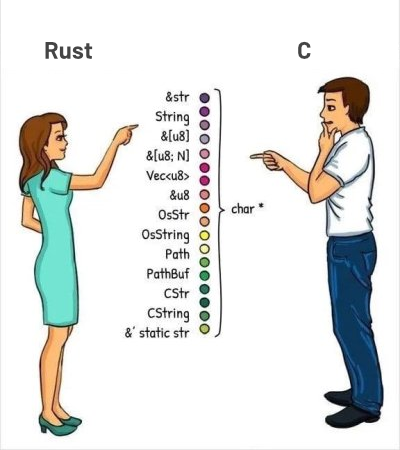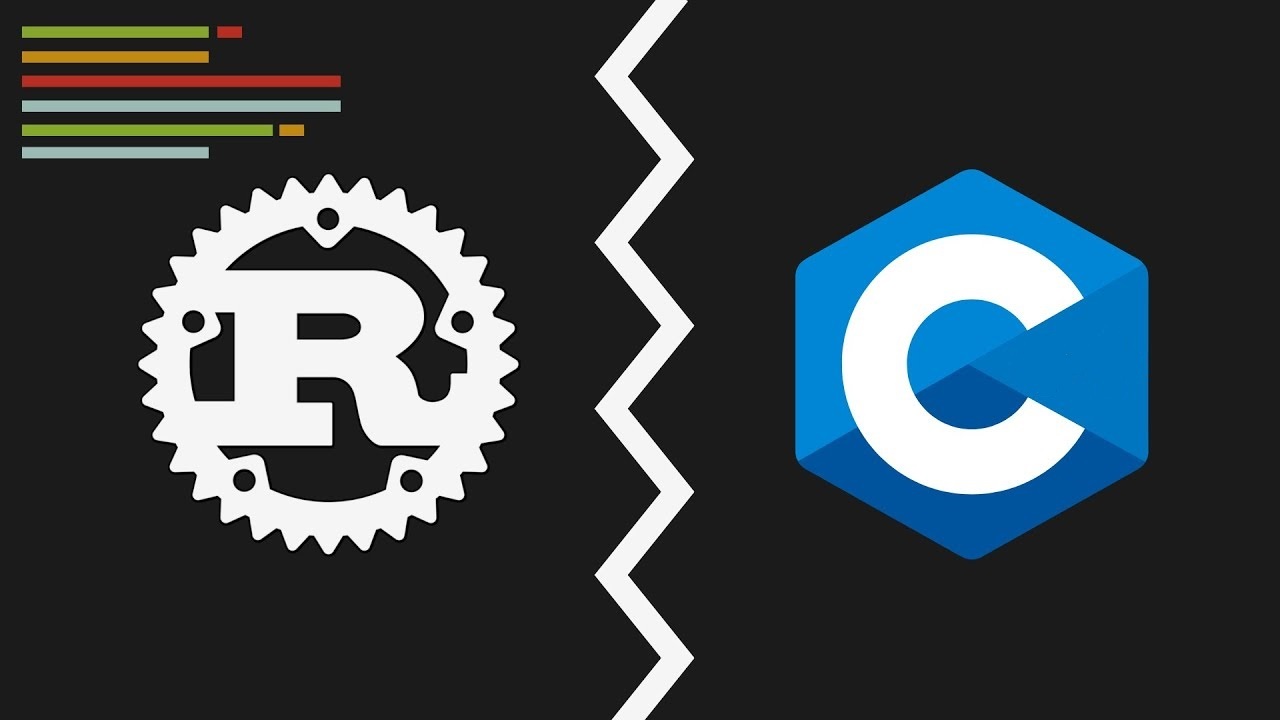this post was submitted on 17 Jan 2024
2 points (51.6% liked)
Programming
17424 readers
27 users here now
Welcome to the main community in programming.dev! Feel free to post anything relating to programming here!
Cross posting is strongly encouraged in the instance. If you feel your post or another person's post makes sense in another community cross post into it.
Hope you enjoy the instance!
Rules
Rules
- Follow the programming.dev instance rules
- Keep content related to programming in some way
- If you're posting long videos try to add in some form of tldr for those who don't want to watch videos
Wormhole
Follow the wormhole through a path of communities !webdev@programming.dev
founded 1 year ago
MODERATORS
you are viewing a single comment's thread
view the rest of the comments
view the rest of the comments



I think this is honestly the crux of Drew's argument.
If a compiler is to prove safety of a program in a language with low level memory management, then there is a lot of inherent complexity. Drew doesn't like complexity, therefore Drew doesn't like safety.
All his other arguments have some meat, though they're debatable. This one statement is the most surprising and probably the only unacceptable stance in that entire article. Rust is just starting to be more widely used - and that success can be attributed to how much people and companies are fed up with bugs caused by unsupervised manual memory management.
C didn't have that sort of machine supervision for safety - but then again, computers simply weren't powerful enough to do the safety analysis back when C was created. Retrofitting an analyzer isn't possible without changing the language completely. But today the situation is different. We have vastly more powerful computers and static safety analysis isn't a limiting factor for newer languages. Insisting that unsafe programming is acceptable is a very regressive stance. Look for a safety paradigm with less cognitive overhead to the programmer? That's worthwhile. But safety is an absolute necessity. If decades of programming has taught us anything, it's that even the most knowledgeable coders can make mistakes with disastrous consequences due to momentary lapses in judgment. There's no justification in not using the computing power at our disposal to catch such mistakes when they happen.